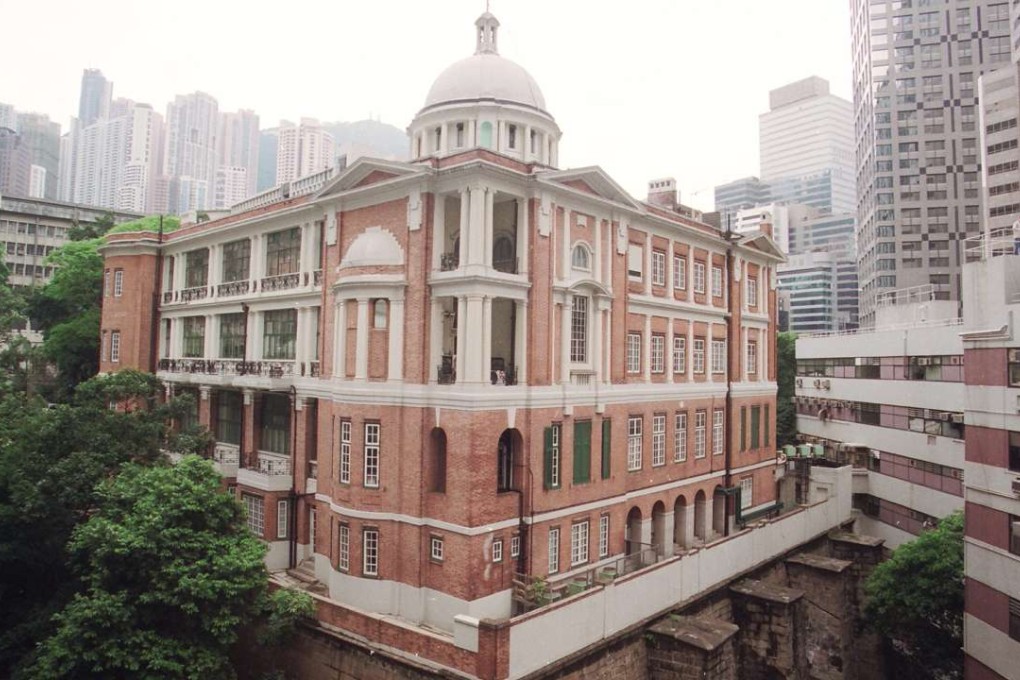Opinion | Hong Kong ideally placed to become hub for ‘Belt and Road’ contract law and dispute resolution
City needs a champion to push its ability to take on the twin goals

The Hong Kong Policy Research Institute has produced a report calling for local dispute resolution services to be further developed to benefit from the “One Belt, One Road” initiative. The report is to be welcomed by the dispute resolution community and its potential users.
However, I respectfully suggest prioritising and adjusting the institute’s recommendations. We also need leadership within the government to realise these ideas.
The twin priorities should be the adoption of Hong Kong as the centre for contract law for the Belt and Road initiative and agreement that Hong Kong should be the seat of arbitration for such contracts.
In practice, the acceptability of these proposals will be determined by the attitude of parties to Belt and Road transactions. Mainland Chinese state-owned enterprises, institutions and lenders are unlikely to have any difficulty with Hong Kong.
However, unfortunately that is often not the case with parties from the host Belt and Road country. So it will be critical to gain support for this twin proposition from all stakeholders in a Belt and Road transaction – including host country parties and funders such as the infrastructure investment arms of international banks like Standard Chartered and HSBC and multilateral investment institutions such as the Asian Infrastructure Investment Bank, the Silk Road Fund, the Asian Development Bank and the International Finance Corporation/the World Bank.
